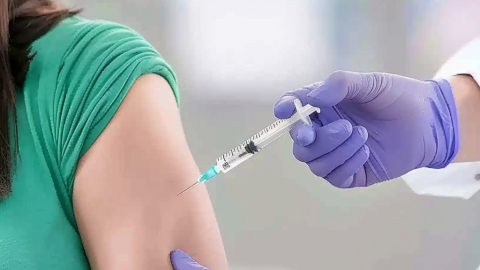Is it necessary to get a hepatitis B booster shot?
Generally speaking, whether it is necessary to receive a hepatitis B booster shot depends on the status of hepatitis B surface antibodies in the body. If the hepatitis B surface antibody is positive and the titer is sufficient, vaccination is usually unnecessary. However, if the hepatitis B surface antibody is negative, or if the antibody is positive but the titer is insufficient, vaccination is necessary. A detailed explanation is as follows:

If the hepatitis B surface antibody is positive and testing confirms that the antibody titer is ≥10mIU/ml, this indicates the body has sufficient immunity against the hepatitis B virus and can effectively resist viral infection. In this case, there is no need for an additional hepatitis B booster shot. These individuals can periodically retest their antibody levels to monitor titer changes, without frequently considering revaccination.
If the hepatitis B surface antibody is negative, it means the body lacks immunity against the hepatitis B virus. Once exposed to the virus, the risk of infection is high, and thus timely vaccination with a hepatitis B booster shot is required. Additionally, even if the antibody is positive, if testing reveals a titer <10mIU/ml, it indicates weak immunity that cannot effectively resist the virus. In such cases, a booster shot is also necessary to increase the antibody titer and enhance protective effects.
To maintain liver health and reduce the risk of hepatitis B virus infection, it is recommended to undergo regular hepatitis B antibody testing to determine your antibody status. At the same time, maintain a regular sleep schedule, avoid excessive fatigue, and reduce the burden on the liver.






